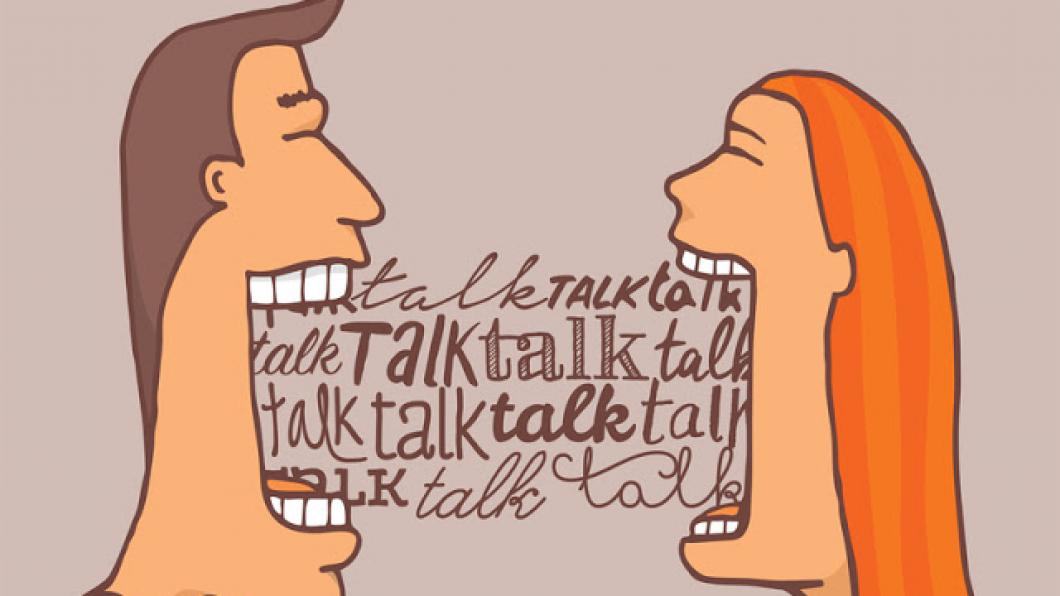
On a conversation
By Louise Kinross
I was in an unusual situation last night while chatting with a small group of people I didn’t know.
One said she was doing an internship in a day program for adults with mental disabilities. This happened to be a program I had visited and had qualms about.
“What do you think of the program?” I said.
“It’s good. They do painting, and crafts, and games, and talk about the weather.”
The last one, about the weather, didn’t sit well with me, but I had no investment in this conversation and I just wanted to see how she would describe the program.
“But do you think it’s a good program for the participants?” I asked. What I meant was “is this a stimulating, life-enhancing program where the participants are learning skills and knowledge, developing interests and friends and being included in the community?”
“Well, the people who go there all have developmental delay,” she said.
Ugh.
I wasn’t sure how that had anything to do with the quality of the program. But more important, it told me nothing about the people as individuals. I thought about how the average person who didn’t love anyone with a developmental disability might interpret her response: “Oh. They’re different. Something’s wrong with them. Not much can be expected of them. They’re lucky to get anything.”
I wanted to scream about the individuality of each person, which couldn’t be conveyed in the term developmental delay.
The person then told me that the staff only helped the participants when they needed it, which I gathered she felt was an indicator that the program was good. Some were more independent than the others, she said.
“But it’s too bad that they’re separated as a group,” I said.
“It gives them something to do,” she said.
I hate that saying. We all need something to do.
“They go on field trips,” she added. But as a group, I thought.
It was a very odd conversation where I felt like I got a bird’s eye view into how a group of people are reduced to their disability.
There was nothing nasty about the person and I imagine she does her job well.
It just reminded me of how knowing a person as a person differs from knowing them as a label. And how hard it can be to get others to see past the label.